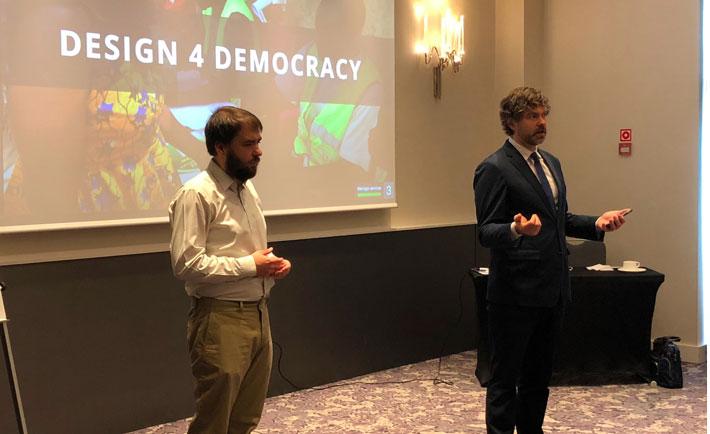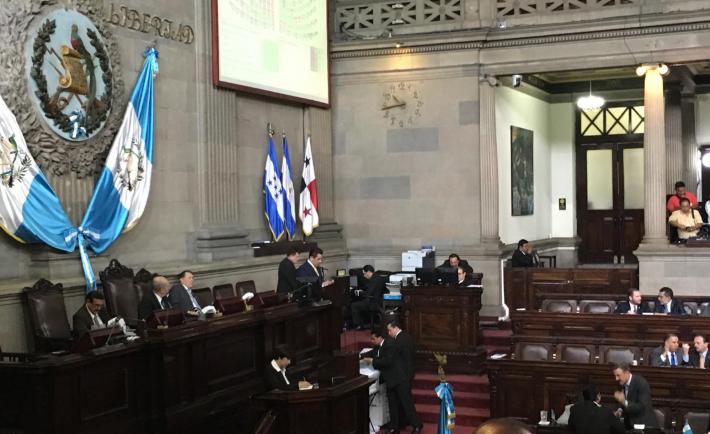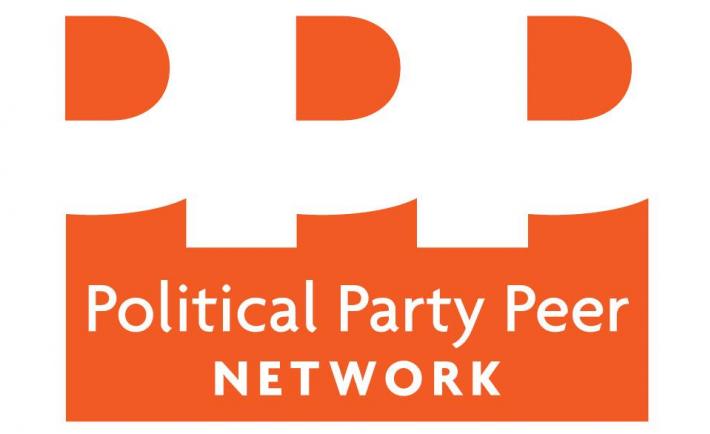The internet has never felt like a scarier place. Whether from sophisticated nation-state actors or freelancing hackers, democracy and human rights organizations face dangerous threats online. Despite the risks, civic and political players must be active in the digital arena with their country’s citizens to have an impact. NDI is working to help these organizations engage online and stay safe. Ukraine is in a dangerous digital neighborhood so political parties, civil society organizations and elected officials have a heightened need for cybersecurity.
Cybersecurity in Ukraine: Deep Dives vs Broad Brush
Guatemala’s Progress Toward Reform Still Faces Many Challenges
In late October, I joined a staff delegation of the House Democracy Partnership (HDP) in its assessment mission to explore a potential partnership between the U.S. Congress and the Congress of Guatemala, a unicameral body made up of 158 deputies elected for four-year terms. Having spent a good deal of time working to end the Central American wars in the 1980s as a congressional staffer in the U.S. House of Representatives, it was my first trip to the region in nearly three decades. I returned to the U.S. hopeful and cautiously optimistic that Guatemala may be turning a corner in its democratic development while still working to overcome the legacy of the brutal civil war that resulted in hundreds of thousands of victims from 1960-1996.
What Became of the People Power Revolution? Observations and Impressions of Philippines Elections 1986 and Now
---day-before-elections.png)
Larry Garber meeting with Jose Concepcion Jr, the first chair of NAMFREL on the day before the 2016 Philippines elections
The 1986 Philippines snap presidential election serves as a lodestar for international democratic activists who came of age professionally during the 1980s. The successful People Power Revolution demonstrated the role that electoral participation could play in mobilizing a population to reject a fraudulent process and to overthrow a dictator. And it introduced the international community to such concepts as “domestic election monitoring” and “parallel vote tabulations,” which are now core components of the menu used by democracy promoters around the globe. Indeed, since 1986, Filipino activists have frequently been called upon to share their experiences with those contemplating how best to challenge entrenched authoritarian regimes. I observed these developments in the Philippines first-hand.
From Strategy to Tactics - Assessment and Planning Tips for Technology-Enabled Programs
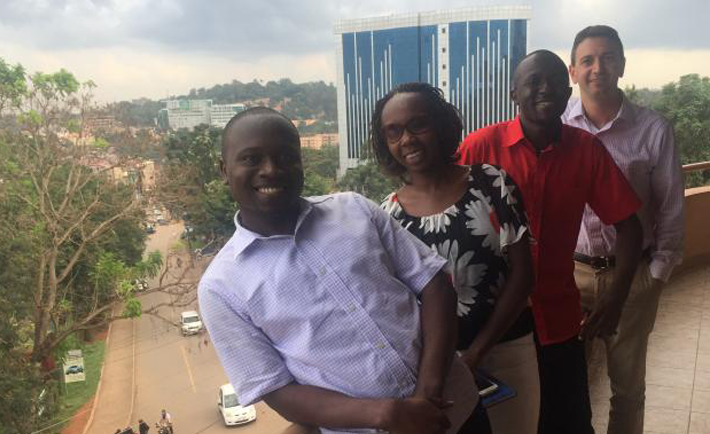
NDI meets with staff of OutBox Hub in Kampala, Uganda.
The goal of a planning a technology program assessment trip is to produce a detailed plan to meet program objectives and a shared vision between key stakeholders -- including the DC office, the partners, the field office team and other collaborators -- on how to make it all happen. We also need to be able to make sure that the partner's priorities and needs are matched to the appropriate tools.
Cindy McCain Visits NDI in the Democratic Republic of Congo
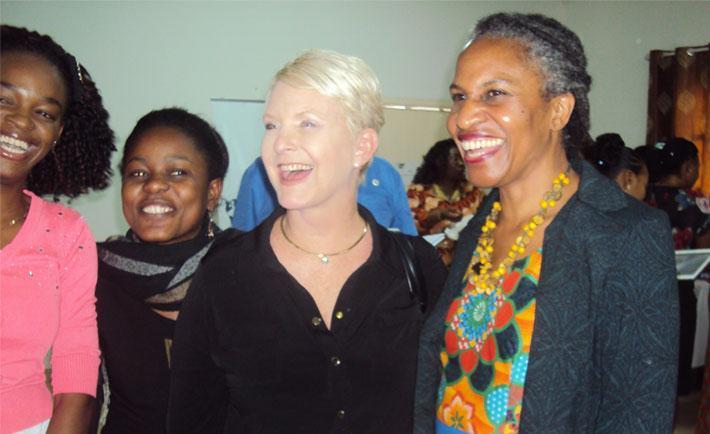
Cindy McCain and NDI Resident Director Eve Thompson (right) meet with women political leaders in Kinshasha, Democratic Republic of the Congo.
On July 8, the National Democratic Institute’s team in the Democratic Republic of the Congo (DRC) had the pleasure of hosting Cindy McCain in its Kinshasha office. McCain, a businesswoman, philanthropist and humanitarian, is also the wife of U.S. Senator John McCain, who chairs NDI’s sister organization, the International Republican Institute. Mrs. McCain asked to meet with a group of Congolese women politicians to discuss their under-representation in the country’s government as well as the difficulties they face in efforts to participate successfully in the political process.
Getting the Party Started: Bringing Party Assistance Together
Political parties have a bad reputation in the eyes of many citizens, but they remain the fundamental institutions that represent citizens in democracies. Developing political party capacity has always been -- and shall continue to be -- a key component of NDI’s democracy support work. The Political Party Peer (PPPeer) Network has worked to improve collaboration and dialogue among political party assistance organizations, cultivating a global community of practice.

